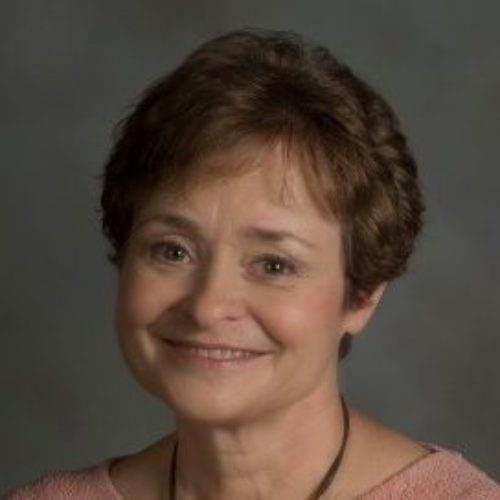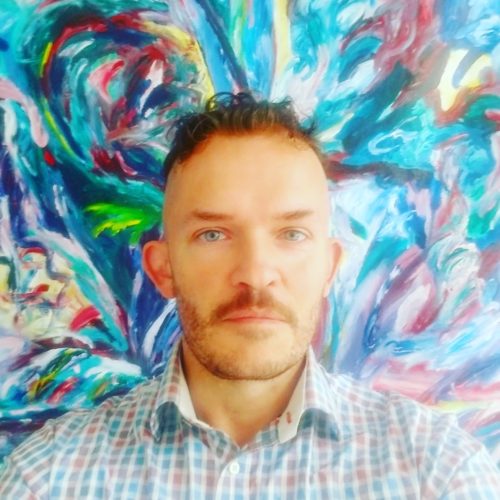November 06, 2020
A: Community, Democracy, and Organizations
Network A accepts abstracts of 500-750 words (deadline December 16 2024). If your abstract is accepted, you will be asked (but not required) to submit a full paper prior to the conference in Montreal (9-12 July 2025). The network organizers will be in touch about deadlines and specifications.
Network A will organize two virtual sessions during the virtual conference days (1-3 July 2025).
Submissions can be made through the usual process, details here: https://sase.org/event/2025-montreal/#submission-guidelines
Call for papers
This network focuses on the moral or values-based underpinnings of human thought, practices, and institutions that comprise civil societies, particularly as they relate to the participatory, collectivist, and democratic aspirations of organizations, markets, and other spaces of collaboration and contestation. We examine how communities, enterprises, and societies can be organized around principles of democratic governance or other substantive values that go beyond calculative self-interest and instrumental relations. We welcome studies of activities coordinated through formal organizations, informal groups, decentralized projects, or participatory decision-making. While our network supports research on how such collectivities may reinforce prevailing conventions of hierarchical, bureaucratic, and profit-driven organizational structures and markets, we also seek to cultivate scholarship on groups and initiatives that promote change, including explicitly transformative or prefigurative organizations and various forms of collaborative or shared ownership. For instance, individual and panel submissions could examine: how values-based practices and relations promote more inclusive, liberatory, democratic, equitable, or caring communities; how such forms influence work, family, and community life and shape fundamental understandings and imaginaries regarding how economies and polities are constituted; and how state policies and cultural and market pressures affect these collectivities.
Examples of relevant phenomena include, but are not limited to: affinity groups; anti-oppressive human services; artistic or cultural collectives (including democratic governance and autonomy-respecting practices in creative organizations more broadly); collectively governed commons; community land trusts; community real estate investment cooperatives; community-based economic exchanges; community-run marketplaces; decentralized autonomous organizations (DAOs); free schools; giving circles; limited equity housing cooperatives and co-housing; mutual companies and aid networks; open, commons-based, and inclusive innovation and valuation frameworks; participatory budgeting; public-private partnerships; social enterprises; solidarity economies; and worker, producer, or consumer cooperatives, including platform cooperatives.
One of SASE’s original networks, Network A was founded by Amitai Etzioni and was previously named “Communitarian Ideals and Civil Society.” The earlier network focused on the theme of communitarianism: how people, organizations, and institutions exercise social responsibilities based on shared values. In 2021, Network A added a sub-track called “Emergent Organizations: Creating More Participatory, Inclusive, and Caring Civil Societies and Social Economies.” A year later, this sub-track was officially incorporated within the network, which was renamed “Community, Democracy, and Organizations.”
Network A has a moderated email list where you can stay connected with other people who work on these issues and share any news of relevant publications, research in progress, events, and opportunities. You can sign up for the listserv here: https://inthefray.org/list.
The organizers of Network A are:
- Katherine K. Chen, The City College of New York and Graduate Center, CUNY, New York, US
- Victor Tan Chen, Virginia Commonwealth University, Richmond, Virginia, US
- Amanda Barrett Cox, Bryn Mawr College, Pennsylvania, US
- Philipp Degens, University of Hamburg, Germany
- Paola Ometto, California State University San Marcos, US
- Joyce Rothschild (Advisor), Virginia Tech (emeritus), Blacksburg, Virginia, US
- Marc Schneiberg, Reed College, Portland, Oregon, US
- Jason Spicer, Baruch College and the Graduate Center, CUNY, New York, US
Please direct any general questions or comments about Network A to sase@inthefray.org.
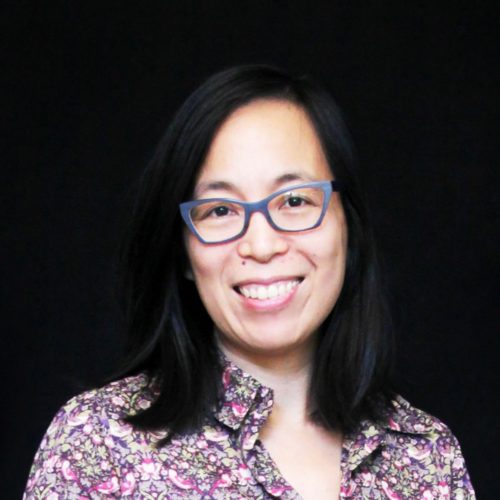
City College of New York
Katherine Chen
Prof. Katherine K. Chen’s research specialties cover organizational studies and economic sociology. Her award-winning book, Enabling Creative Chaos: The Organization Behind the Burning Man Event, shows how an enabling organization can support members’ efforts without succumbing to either under-organizing’s insufficient structure and coordination or over-organizing’s excessive structure and coercive control. Additional articles on prosumption, storytelling, and communification have appeared in American Behavioral Scientist, Nonprofit and Voluntary Sector Quarterly, Qualitative Sociology, The Sociological Quarterly, and other journals.
To understand how organizations collectively innovate—or maintain the status quo—through relational work and advocacy, Chen is working on two parallel ethnographic projects. One examines the coordination efforts among organizations that help older adults who prefer to “age in place” in their homes. A 2019 Socio-Economic Review article based on this research shows how markets are supported by “bounded relationality” a process by which intermediary organizations train people to undertake consumer routines. Another project studies how a flagship microschool and its network of affiliates communicate innovative ways of organizing learning to multiple audiences. This research focuses on how this network blends a seemingly unlikely mixture of practices from the democratic free school movement, decolonization and abolition efforts, and software project management to promote lifelong learning in communities.
Besides serving as a mentor to tenure-track faculty in CUNY’s Faculty Fellowship Publication Program (FFPP), Chen has focused on developing and supporting interdisciplinary communities that study organizations and markets, with a focus on participatory and liberatory practices that prefigure and expand future possibilities. With Victor Tan Chen, she co-edited a special issue that showcases cutting-edge research on democratic practices by presenters from SASE annual meetings between 2017 and 2019. This Research in the Sociology of Organizations volume, titled “Organizational Imaginaries: Tempering Capitalism and Tending to Communities through Cooperatives and Collectivist Democracy,” will be published in March 2021. In addition, Chen has contributed to methodological discussions regarding research on organizations, including what we can learn from “extreme” cases and how to undertake organizational ethnography in her work as a regular contributor to orgtheory.net, a popular sociology blog, and its 2021 spin-off, the Markets, Power, and Culture blog.
Chen is currently an associate professor of sociology at The City College of New York and the Graduate Center, CUNY. She received her Ph.D. in Sociology from Harvard University and an undergraduate degree from Stanford University.
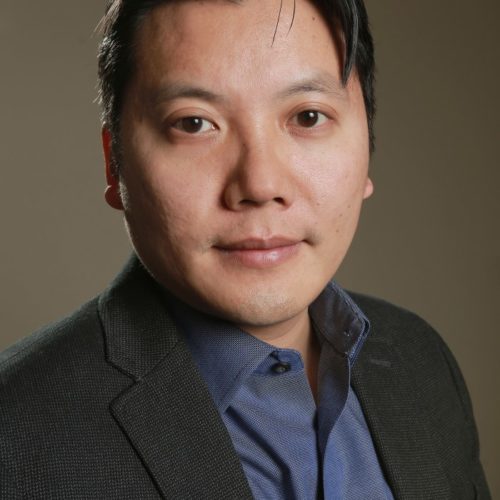
Virginia Commonwealth University
Victor Tan Chen
Victor Tan Chen is an associate professor of sociology at Virginia Commonwealth University who studies economic inequality, labor markets, social policy, and alternative organizational forms. He is the author of three books on economic issues: The Missing Class: Portraits of the Near Poor in America (with Katherine S. Newman), which was named one of Library Journal’s best business books of the year; Cut Loose: Jobless and Hopeless in an Unfair Economy, for which he received the John T. Dunlop Outstanding Scholar Award from the Labor and Employment Relations Association; and Organizational Imaginaries: Tempering Capitalism and Tending to Communities through Cooperatives and Collectivist Democracy (with Katherine K. Chen), which received the Joyce Rothschild Book Prize from the Rutgers University School of Management and Labor Relations. Chen’s work has been featured in the Atlantic, New York Times, BBC News, Fortune, and NPR. He also edits In The Fray, an award-winning magazine devoted to personal stories on global issues.
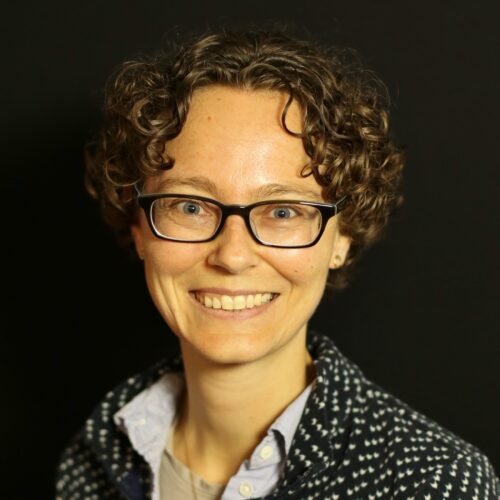
Bryn Mawr College
Amanda Barrett Cox
Amanda Barrett Cox is an assistant professor in the Department of Sociology at Bryn Mawr College. Her research examines how organizations transform and reproduce social inequality. Her specific areas of interest include organizations and power, economic elites and philanthropy, education and social mobility, social networks, and emotions. Cox’s current work includes an ethnographic study of two organizations attempting to redistribute power across institutional roles—a philanthropic foundation seeking to transfer control over a portion of its grant-making to a community-based board, and a democratic school in which students and teachers have equal voice (one vote per person) in decisions. Additionally, she is working on a computational text analysis of pledge letters written by philanthropists, and she is collaborating on a project with colleagues at the University of Pennsylvania and Dickinson College that investigates the school- and neighborhood-based social networks of parents sending their children to a school of choice. Her prior work includes an ethnographic study of the summer session of a program that prepares low-income students of color to attend elite boarding schools.
Cox’s work has received awards from several sections of the American Sociological Association, and her work has appeared in American Journal of Sociology, Sociology of Education, Sociological Forum, Symbolic Interaction, and Du Bois Review. She has co-authored pieces that appear in Teachers College Record, Educational Researcher, The New York Times, and The Hechinger Report.
Before pursuing her PhD, Cox worked as a community organizer and a high-school Latin teacher. She holds a PhD in sociology and education from the University of Pennsylvania, an MA in Sociology of Education from Stanford University, an MSEd in Education, Culture, and Society from the University of Pennsylvania, and a BA in Classical Civilizations from Wellesley College.

University of Hamburg
Philipp Degens
Philipp Degens is Interim Professor of Sociology (Dynamics and Regulation of Economy and Society) at the Department of Socioeconomics at the University of Hamburg in Germany. His academic expertise includes cooperatives, civil society and the third sector as well as the debates and options for societal transformation and sustainability.
Philipp is currently working on two projects that combine perspectives from economic, organizational and legal sociology: First, he analyses community-supported agriculture as a specific form of economic democracy, exploring how secondary organizations aim to strengthen the movement and promote individual CSA schemes. Second, he examines different approaches to reconfiguring the institution of property to promote sustainability. For example, he analyses cooperative forms of land tenure and he explores how the discourse on rights of nature irritates conventional notions of ownership and private property.
Philipp is a board member of the “Sociology of Law” section of the German Sociological Association and has been a research associate at the Humanities Centre for Advanced Studies “Futures of Sustainability: Modernization, Transformation, Control“.
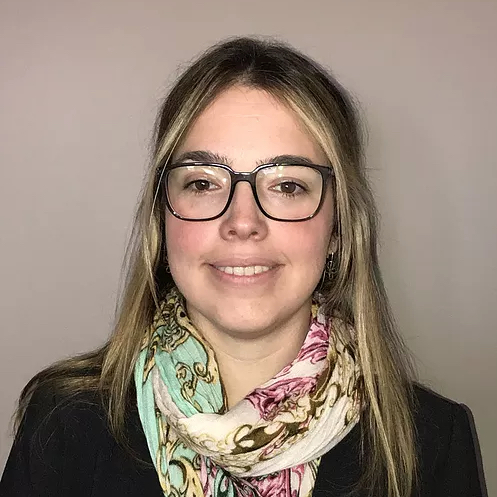
California State University San Marcos
Paola Ometto
Paola Ometto is an Assistant Professor of Management in the College of Business Administration at California State University San Marcos. She is passionate about how organizations can be sources for a more environmentally sustainable and socially just world. She researches how communities, social movements, and institutional factors impact entrepreneurship and organizations. Empirically, she studies cooperatives, social enterprises, moral markets, and entrepreneurship in Brazil and North America. Prior to joining CSUSM, she received her Ph.D. in Strategic Management and Organization from the Alberta Business School (University at Alberta) and a Ph.D. in Public Administration from FGV-EAESP (São Paulo – Brazil). She has received a National Science Foundation grant to study multi-cultural and underserved communities engaging in entrepreneurship. Her work has been published at Business & Society, Research in the Sociology of Organizations as well as other journals.
Virginia Tech
Joyce Rothschild (Advisor)
Joyce Rothschild is professor emerita at Virginia Tech, having served as a professor in the university’s Department of Sociology and School of Public and International Affairs for 27 years. Her research projects have had several empirical foci – from worker cooperatives to whistle blowers – while her writing has returned frequently to the question of how organizations can accomplish their purposes without hierarchical control. Overall, her work develops a collectivist-democratic alternative to bureaucracy – that is, a form of organization that effectively offers voice and agency to all of its members. Her book with J. Allen Whitt, The Cooperative Workplace: Potentials and Dilemmas of Organizational Democracy and Participation (Cambridge University Press, 1986), won the C. Wright Mills Book Award from the Society for the Study of Social Problems.
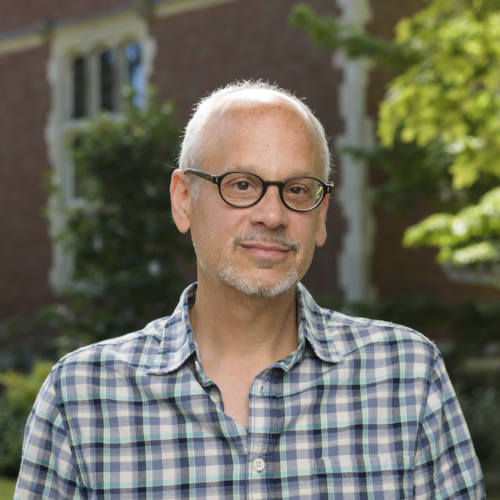
Reed College
Marc Schneiberg
Marc Schneiberg, the John C. Pock Professor of Sociology at Reed College, is an economic and organizational sociologist who research focuses mainly on the rise, contemporary fates, and economic consequences of organizational diversity and alternatives to giant, shareholder corporations within American capitalism. He has studied the evolution of cooperative and other alternative enterprise systems in the US, including electrical and agricultural cooperatives, insurance mutuals, community banks, and credit unions. He has also addressed how such systems can help reshape markets, subject corporations to countervailing forces, and foster both resilience and shared prosperities in local economies. With National Science Foundation support, he is currently studying organizational variety within American banking and how it combined with state policy to channel flows of loans away from—and in to—small business in poor and minority communities during the pandemic. Schneiberg also has long standing interests in institutions and their relationships with social movements, and in economic governance, including association, regulation and self-regulation in American manufacturing and finance. He has been honored to serve in various capacities in the American Sociological Association, the NSF and the Society for the Advancement of Socio-Economics. His work can be accessed on his webpage.
Baruch College and the Graduate Center, CUNY
Jason Spicer
Jason Spicer‘s research and teaching focus on the relationship between politics and the economy at multiple spatial scales, from the local to the trans-national. He primarily examines: (a) the potential of alternative economic models, such as cooperatives and social and solidarity economy organizational forms, to create a more inclusive, equitable, and sustainable economy; and (b) the role policy, planning, and political processes play in conditioning the viability of alternative economic arrangements in different contexts. He also engages in applied policy and advisory work with governments and third sector partner organizations. His academic and applied research have appeared in wide-ranging outlets, from Socio-Economic Review and Economic Development Quarterly to the Stanford Social Innovation Review. For more information, visit his website.
Tags
civil society, collectivist-democratic organizations, cooperatives, participatory democracy, participatory organizations





